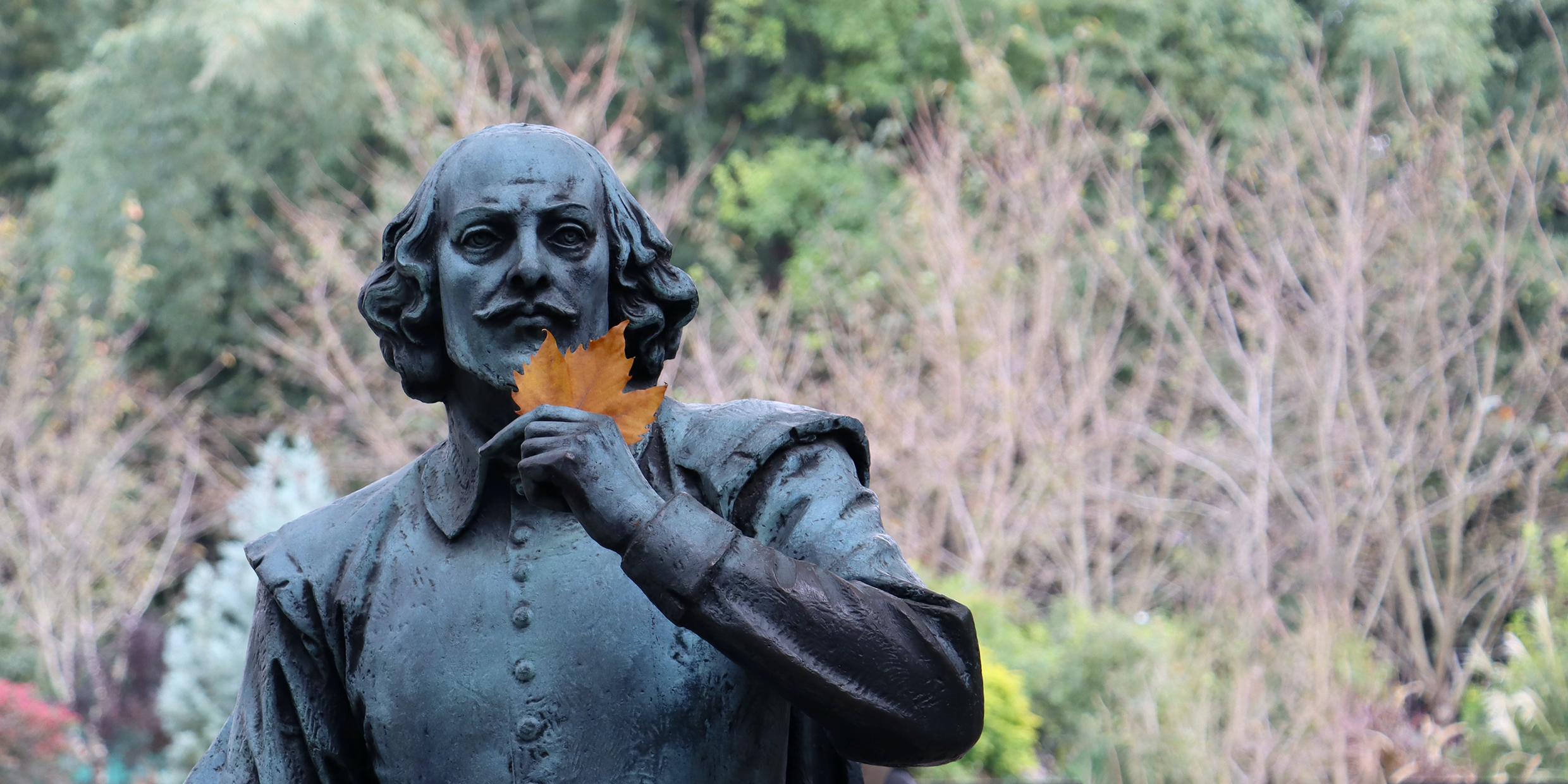Originally published 4 March 2003
NATURE: Well, my friend, you must admit that I’ve had quite the best of it lately. The human genome has been sequenced. Thousands of human genes have been identified, and hundreds more are sorted out every month. The floodgates are open. Every day we learn more about how genes make us what we are.
NURTURE: Don’t be so quick to gloat. It depends on what you mean by “what we are.” I will admit that genes guide the making of the body. Big deal. The body is an empty vessel waiting to be filled.
NATURE: I think it was British biologist William Hamilton who said, “The tabula of human nature was never rasa.”
NURTURE: Experience, not genetics, makes a human self.
NATURE: I agree that we are capable of learning. It is obvious, for example, that an English vocabulary was not part of my genetic inheritance. At the same time, it has become increasingly clear that Noam Chomsky got it right when he guessed that a language instinct is inborn, including basic rules of grammar.
NURTURE: Oh, give me a break. Genes are nothing but strings of four kinds of paired chemicals that code for proteins, which are themselves just long strands of amino acids. You expect me to believe that a few chemicals strung together can make a human self. A Shakespeare, say?
NATURE: Think about it. Shakespeare’s complete works are themselves just combinations of 26 letters.
NURTURE: Unfair! Surely you don’t want me to believe that the words of Hamlet were written into Shakespeare’s genes?
NATURE: Of course not. But Shakespeare’s genes had a lot to do with his intelligence, sensitivity, creativity, and facility for language. A writer of Shakespeare’s stature is born, not made.
NURTURE: I’m sorry, but it stretches credulity to believe that a mere sequence of four chemical “letters” on DNA accounts for a Shakespeare. Or a Saddam Hussein, for that matter. I would be more inclined to consider early experiences in their lives — parental influence, education, physical and emotional nourishment.
NATURE: Incredulity has never been a useful guide to understanding what makes the world tick. Think about the development of a human embryo in the womb, starting with a single fertilized cell — the slow emergence of a body plan, the tiny fingers and toes, the eyes, the mouth, the hand against the mouth. What could be more incredible than that? And it’s chemistry, all chemistry.
NURTURE: Inconceivable!
NATURE: Yes, but true. Every day, scientists understand more about how it happens.
NURTURE: I refuse to believe that our behaviors are determined by genes.
NATURE: As opposed to what? The environment? Child rearing? Language? Culture? You nurturists just replace one kind of determinism by another.
NURTURE: I like to believe that there’s a place in human behavior for free will.
NATURE: The human brain has 100 billion neurons, each with 1,000 connections to other neurons, and massively connected to the environment. We know from chaos theory that any complex system, with many feedback loops, is unpredictable in its behavior. Tiny stimuli can result in major consequences. You call it free will. I call it complexity.
NURTURE: Are you suggesting that we are not responsible for our actions?
NATURE: Responsibility is a cultural concept. Our genes may predispose us to certain behaviors — male violence, for example — but we are not prisoners of our genes. The brain is a wonderfully malleable organ. Culture helps wire the brain and shape behavior.
NURTURE: If free will and complexity are indistinguishable, as you say, then I’ll choose the option that elevates the human spirit, lifts us above the animals, and endows us with a divine spark.
NATURE: And I’ll choose the option that endows the entire universe — including genes — with what you call divinity.
NURTURE: “What a piece of work is a man! How noble in reason! How infinite in faculties! In action how like an angel! In apprehension how like a god!”
NATURE: If you want a mind-blowing introduction to genetics and human nature, I recommend Matt Ridley’s Genome: The Autobiography of a Species in 23 Chapters. The 23 chapters, of course, correspond to the 23 human chromosomes.
NURTURE: No, thanks. I’ll stick with Shakespeare.



